Kiyani
Kiyani reflects the identity of being Native American in the modern day – the protectors of MOTHER EARTH.
Named after her Navajo clan, the inspiration behind KIYANI came from lessons learned in the Navajo Nation in Wide Ruins, Arizona. Founder Miranda Mullett’s grandmother taught her botanical remedies from native plants: the ones with healing powers, the ones that could dye yarn, and the ones they could forage and eat.
We had the opportunity to ask Miranda a few questions about KIYANI and her inspiration behind starting the brand as well as how her responsible approach and use of natural ingredients touches upon her Navajo roots of protecting Mother Earth.
Interview NICOLE GAVRILLES
Tell us a little bit about your background.
I am from a small place on the Navajo Nation called Wide Ruins, Arizona. KIYANI is my Navajo clan – Kinyaa’áanii. I spent the last 13 years abroad doing program development for US universities in Asia. I studied chemistry, so I have lab experience that finally became handy.
What was the impetus for launching KIYANI and what helped you decide to take the leap?
Covid helped me transition into KIYANI. I’ve always made stuff – accessories, lip balms, soaps, purses, candles, etc. I think my first business was making and selling friendship bracelets on the sidewalk in the 4th grade.
Working in international education seemed like the “responsible” thing to do as I thought it was a stable industry, even though I wanted to go into sustainable fashion or start an apothecary. When Covid shut down cross-border businesses, especially between Asia, I became unemployed overnight.
The way KIYANI started is a little funny. I cocktailed and gardened for a couple of weeks and quickly became bored. I had some inventory of sustainable accessories floating around from a project I had previously worked on. I knew that most designers have old stock, so I reached out to a few designer friends and suggested we create an online “sample” sale. We were able to pull together over 800 people from our networks into online groups.
We shared brochures of our products into the groups and I sold out of my accessories that afternoon. It was motivating to realize that people were willing to buy things I designed and made. As I had that network of 800 people, I wanted to inject another product into the online market.
At the time, I was living in a village outside of Beijing that didn’t have a sewer system. All of our wastewater was being dumped straight into the ground and we are surrounded by a wetland park that is home to so many species of birds. As water tables are connected, I knew I had to be careful with what I put down the drain. I was making cleaning/body care products for personal use at that time, as finding eco products in China is a bit difficult.
I started making and bottling soap in bulk at home. I shared the soap in the online market and people loved it! Based on customer feedback, I kept adjusting the formulations. When I had returning customers, I decided that this had potential to become a business.
What drew you towards making your brand sustainable?
I’ve always had an awareness towards environmental protection, even when I was a child. I always have this terrible ache in my heart when I see pollution and disregard for the Earth. It almost feels like I am connected to the Earth. When I was little, I saw some trees tagged and I asked my mom why they were tagged. She said they were most likely going to be chopped down to make houses. At that moment, I knew it was my life purpose to be an environmentalist.
So I’ve always tried to live a conscious lifestyle – buying mostly second hand clothes, composting, gardening organically, not wearing nail polish and minimizing the amount of meat I eat. I’m not perfect but I try my best.
With this mindset, I knew that if I started a product based brand, the foundation would be sustainable.
What would you define as the key aspects that make KIYANI stand out from other body care products?
Our packaging journey has been a bit of a rollercoaster. When we first started, we were selling 500 ml bottles of soap in glass bottles to avoid plastic. About 20% of our bottles were breaking in transport and we had to use an absurd amount of packaging as well.
As our soaps were composed of 80% water, it made sense to reformulate and remove the water from our soap and offer a concentrate. With this method, we were able to significantly decrease our packaging waste. As a refillable system that avoids single use plastics (except for foam lid gaskets), we help our community lead an almost plastic-free and low-waste life. Our glass dispensing bottles can be reused over and over, while our soap refills can be recycled infinitely as the bottles are aluminum.
“We help our community lead an almost plastic-free and low-waste life. Our glass dispensing bottles can be reused over and over, while our soap refills can be recycled infinitely as the bottles are aluminum.”
You’ve mentioned as a Navajo woman your responsibility is first to the Earth. What advice do you have on how to nurture the land we live on?
I think there are many things we can do and it comes down to consumption. Consuming consciously is important in helping our Earth.
Decrease your meat consumption, even if it just means not eating meat 1-2 days/week. Raising livestock, especially cows, takes a lot of resources.
Being conscious about your surrounding environment and any issues your community might be facing like drought. I find it very bizarre that people have lawns in Phoenix, when there are drought problems in the southwest.
Re-wear your clothes. It feels like we have turned into a culture of fast fashion, to only wear something once for an IG post.
Refill. A lot of home and body care products are starting to go the refill method. If there is more demand for these systems, more and more brands will jump on board.
Be careful with what you put down the drain. The EPA is finding that synthetic fragrances are making their way into our waterways and negatively affecting aquatic ecosystems.
Can you describe your upbringing as part of the Navajo tribe and how that shaped your view of the world/helped inform your current line of work through KIYANI.
I spent a great deal of my childhood on the Navajo reservation with my grandparents. Growing up with a traditional upbringing, the lessons and wisdom from my grandmothers’ (Grandma Mabel and her sisters) has followed me into adulthood and has impacted the way I live my life.
Before the sun would rise, grandma and I would pray to the east and ask the holy ones for their blessings and we would give our offering of corn pollen. Gratitude was always part of our daily lives. When it would rain, we would say thank you as the rain would nourish the land. When we collected herbs, we would say thank you with a little prayer.
When grandma and I would go out to herd the sheep, she would teach me about all the plants around us. The ones that the sheep shouldn’t eat, the ones with healing powers, the ones that could dye yarn, and the ones we could forage and eat. These lessons were my favorite as I loved studying the shapes of the leaves and searching for my favorite flowers that would arrive for only a couple weeks of the year.
I was also taught that as people, it is our responsibility to care for the Earth. To only take what we need and nothing more. We should never exploit the land and instead we should appreciate the beauty of the world.
Life on the reservation is tough but it teaches you perseverance, gratitude, and to appreciate the small things in life. And it is this life that has made me into the person I am today. I have traveled far and wide, exploring and foraging, but it is these traditions that are always with me.
“I was also taught that as people, it is our responsibility to care for the Earth. To only take what we need and nothing more. We should never exploit the land and instead we should appreciate the beauty of the world.”
It shows that not just sustainability is the core of KIYANI, but also ethics. When factoring in production and packaging, what areas are the most important to you?
Biodegradability of ingredients is the most important thing to me. Also minimizing our packaging waste. When we purchase materials, I have our manufacturers use the bare minimum amount of packaging and absolutely no bubble wrap. They always think I’m crazy especially when we ship glass bottles but we’ve been able to make it work.
What's been the most challenging hurdle you have come across/overcome thus far?
Packaging. The breaking bottles of soap was very frustrating and the biggest hurdle but it also pushed us into a concentrated formulation.
We’ve seen a huge shift in transparency within the body care industry. From listing every ingredient to transitioning packaging materials to recyclable and biodegradable options – what do you feel is next and where do you want to see change?
I am very interested in palm oil. Palm oil is an amazing resource, as it’s a high yield crop but the deforestation and displacement of animals it has caused is heartbreaking. I think resource management is the next big thing and something that I want to get into as my next project.
What impression/legacy do you hope your work with KIYANI will leave behind?
I hope KIYANI can help pave the way for concentrated body care solutions. It just makes so much sense to create concentrated formulations, as it decreases packaging waste. As a kid, I drank tang but now everything has to be individually packaged for convenience. I hope we can help change the mindset back to waterless products and make it the norm.
Name a personal hero, can be related or unrelated to your field and why:
I have many female founder friends in China that are successful in their industries. Having these friends has been encouraging as they have made me realize that success is possible, it’s just a matter of how much you put into what you are doing.
Something you're currently reading/listening to/watching:
This is a little embarrassing but I am currently reading Murderbot Diaries. It’s super nerdy but I am really enjoying it.
One thing you’re looking forward to…
I am looking forward to our growth in the US, so we can localize our manufacturing and set up our bottle collection and refill system. When we approached manufacturers in the US, they wanted a 20,000 MOQ. We were able to negotiate one factory down to 10,000 units but it was still out of budget. Once we have a strong customer base, we can start transitioning everything over.
Founded by Miranda Mullett, a Native American entrepreneur, the core beliefs of conservation, sustainability, and a deep respect for Mother Earth are at the heart of KIYANI. All ingredients for the body soap, hand soap, and shampoo are non-toxic and carefully hand-selected to ensure they align with the company’s values. For more information about the brand, visit kiyanibotanics.com.
YOU MIGHT ALSO LIKE


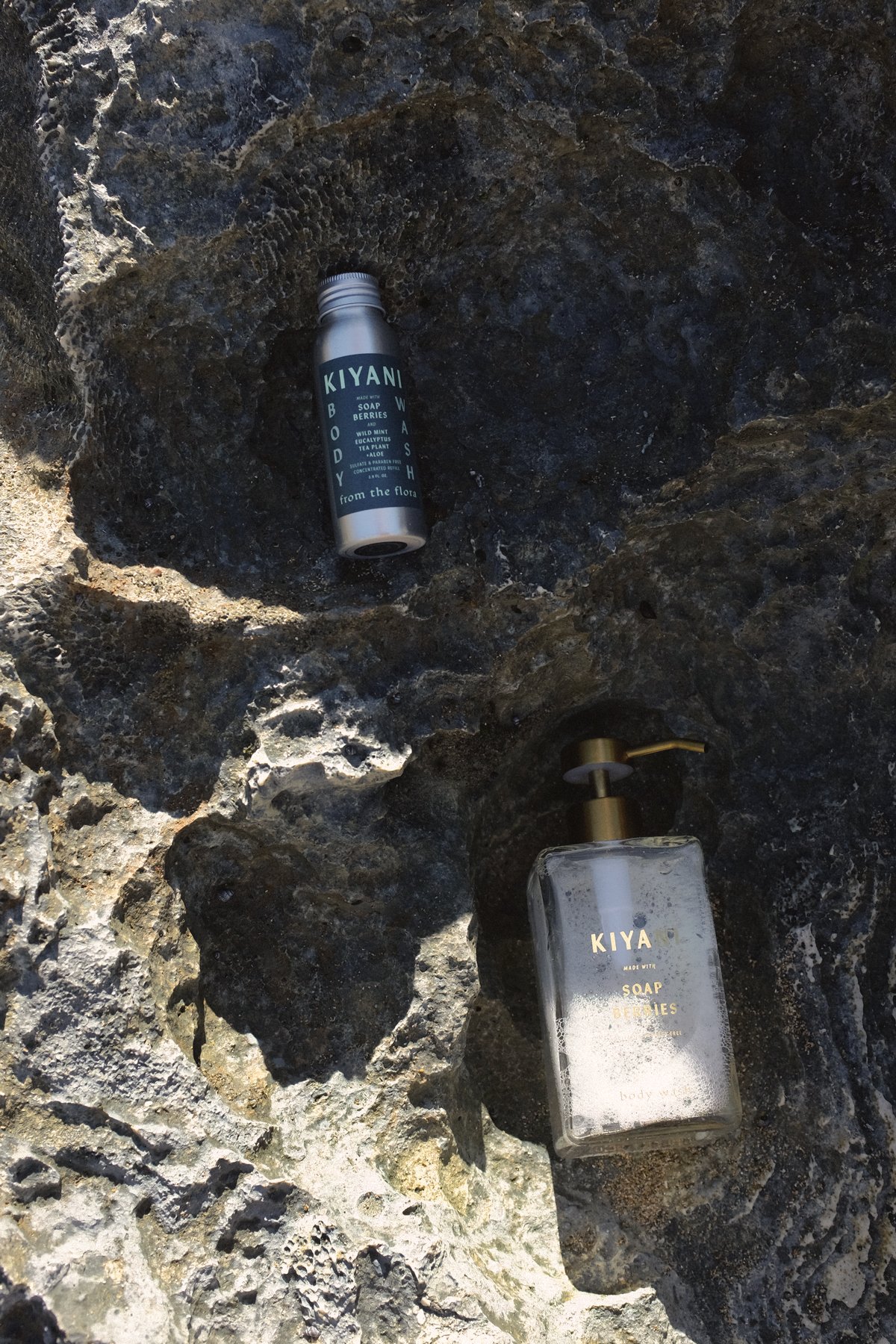
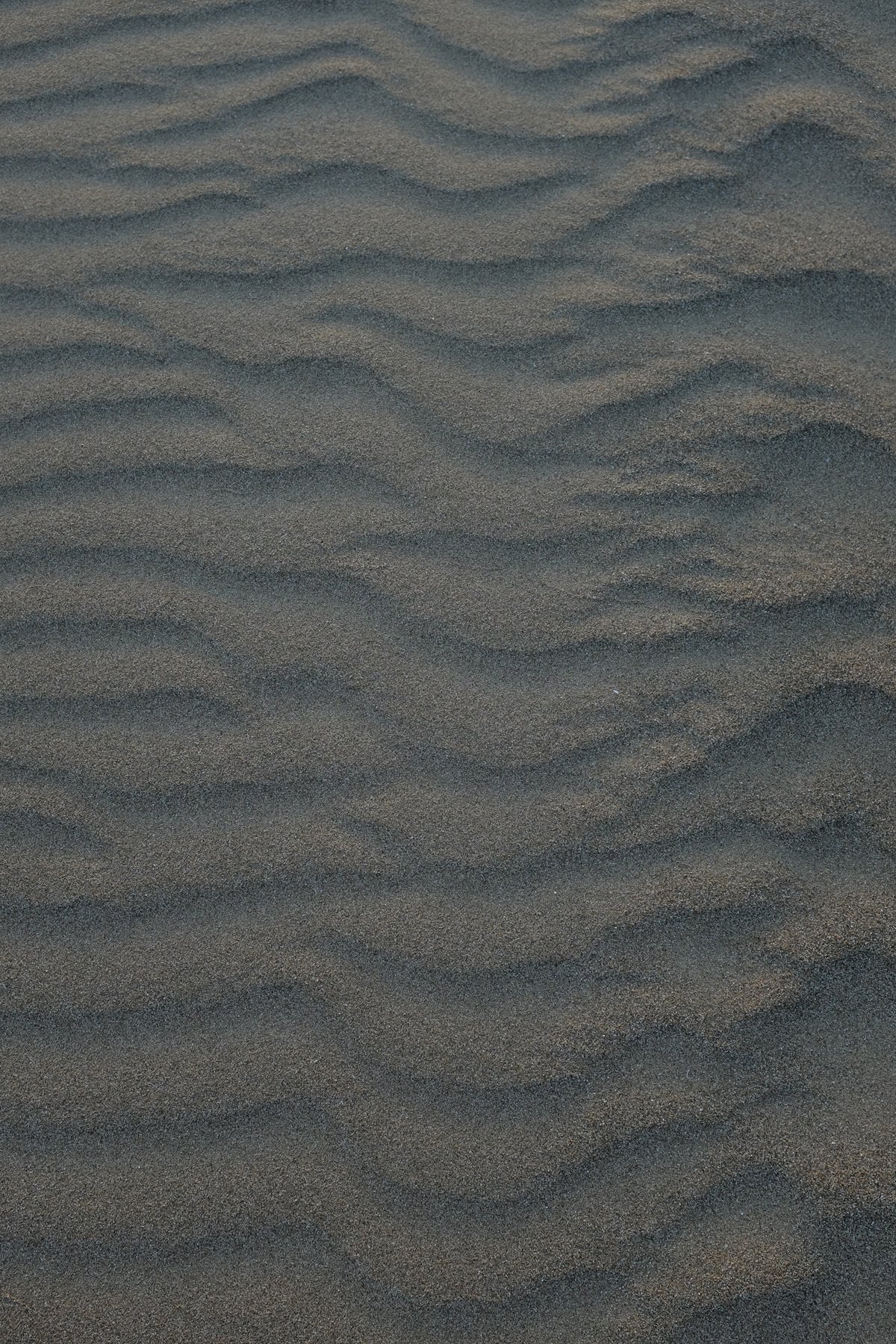



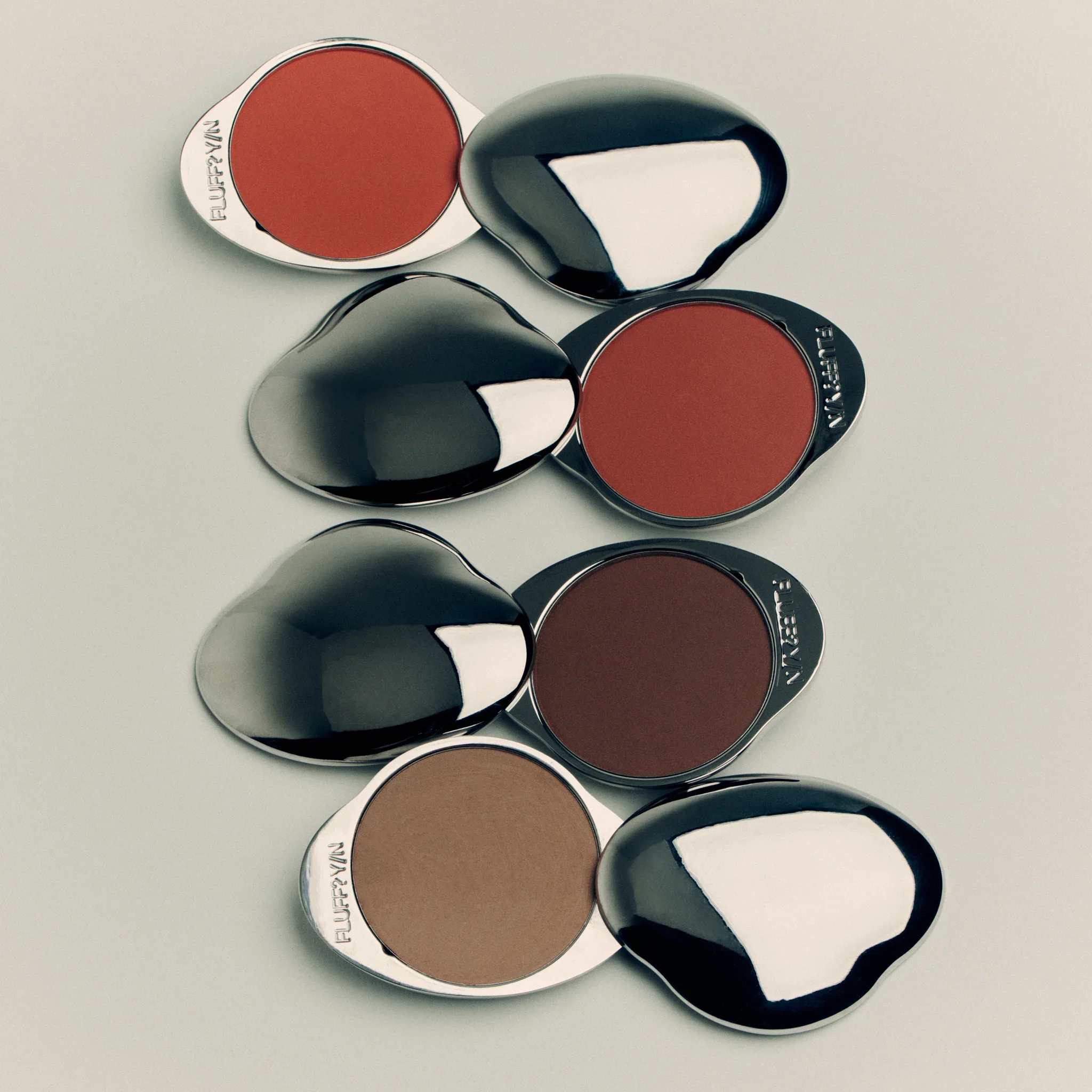

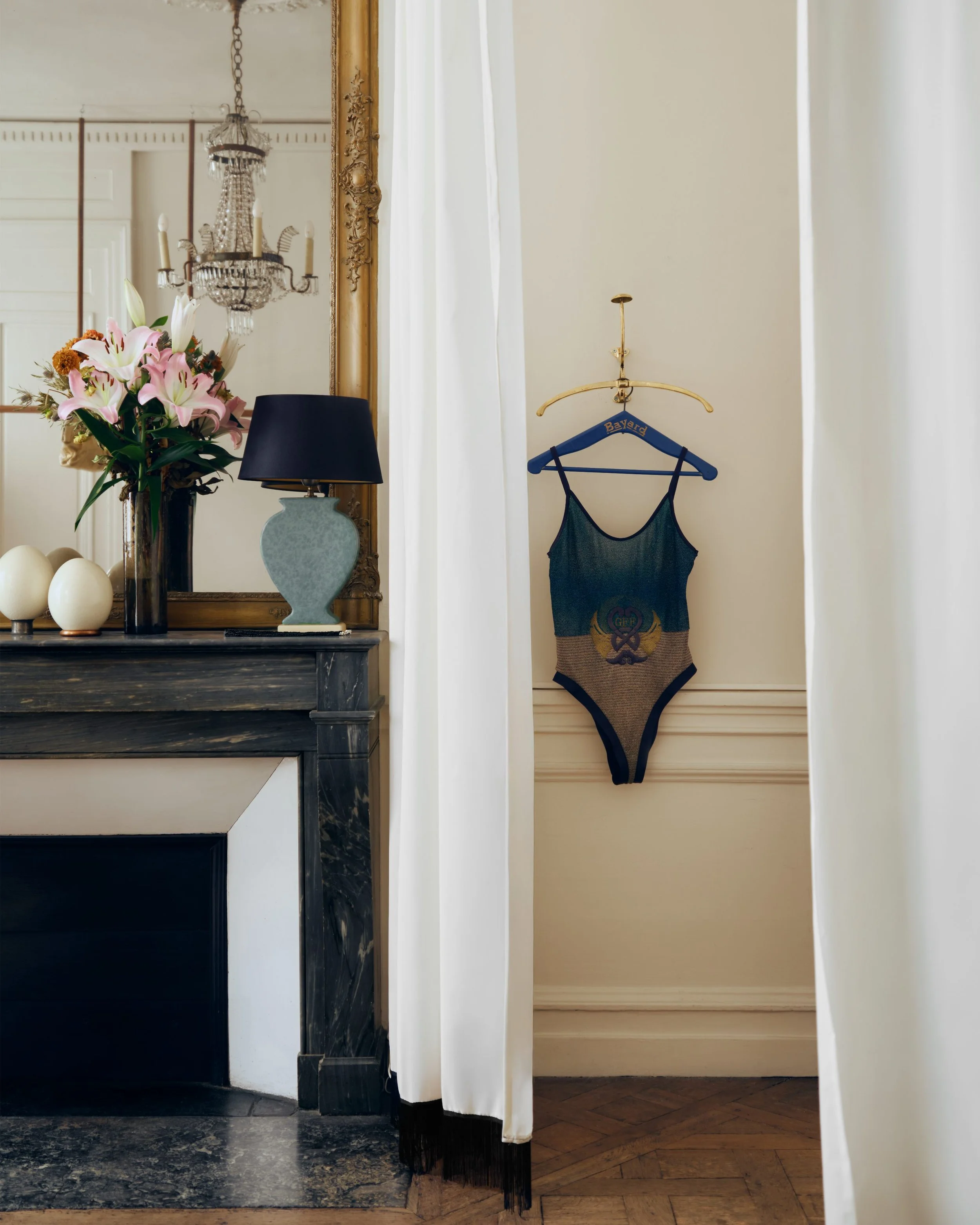


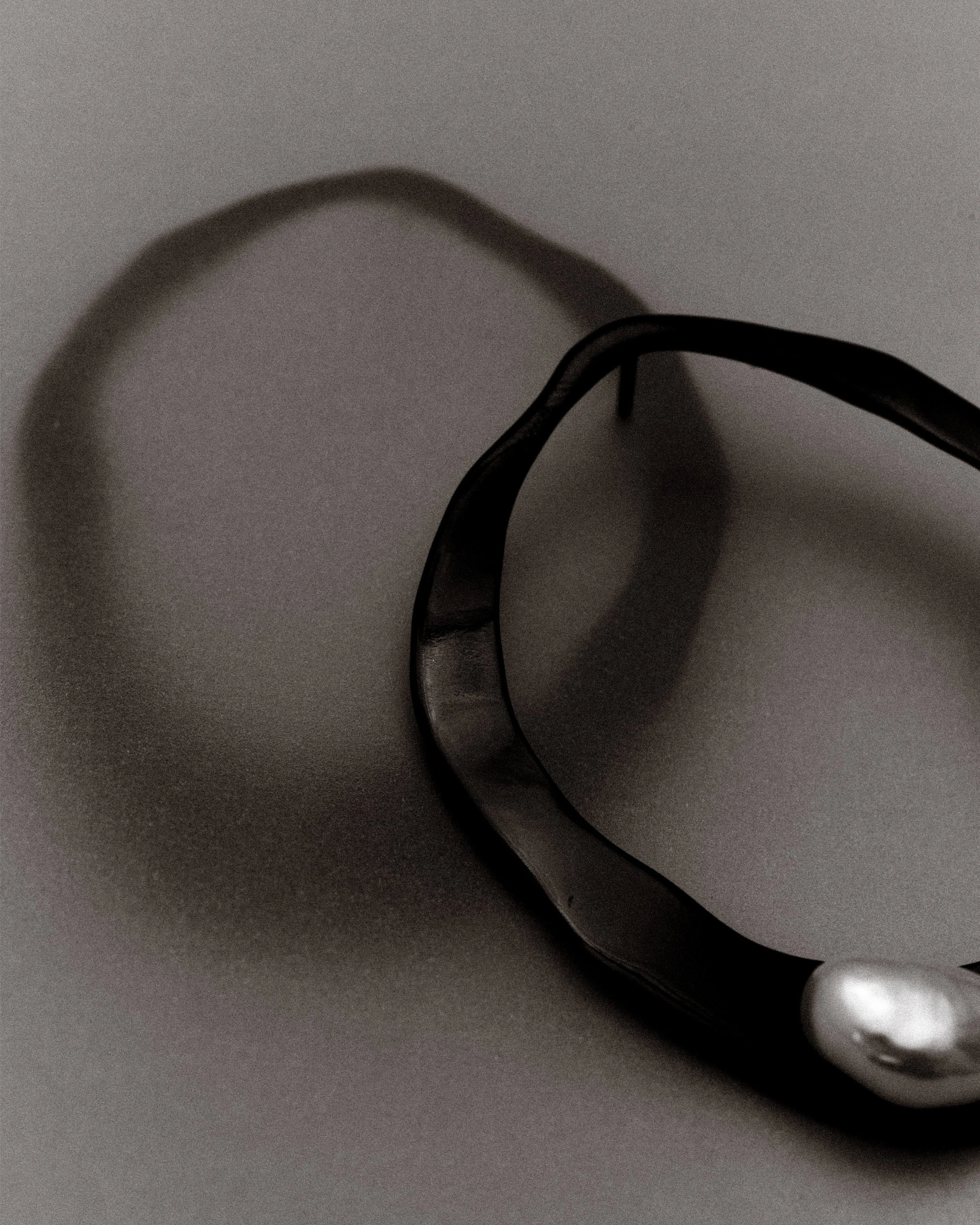
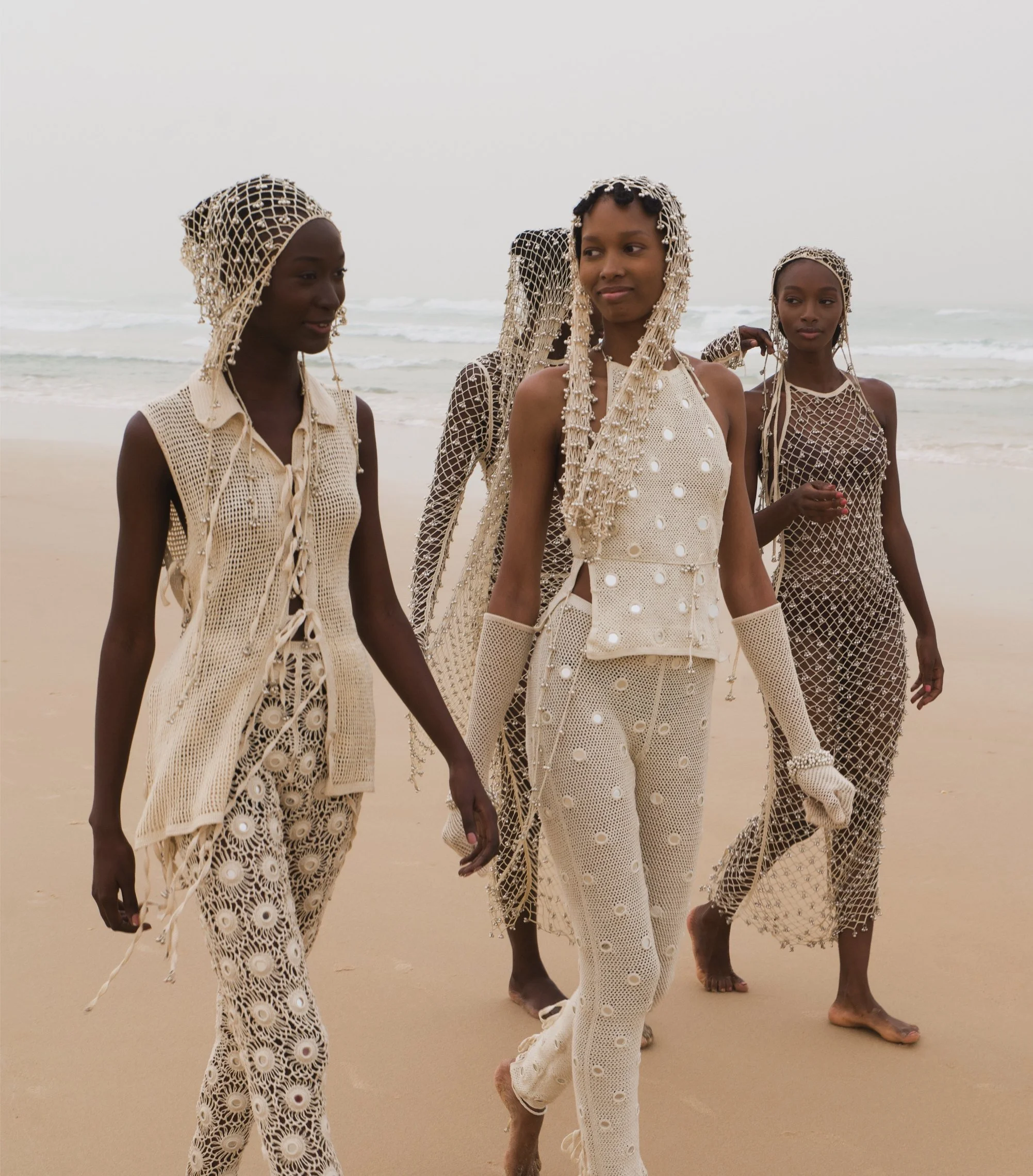

As many companies quietly scale back their sustainability efforts, Swedish brand Houdini Sportswear is proving that impact-led business models still outperform.